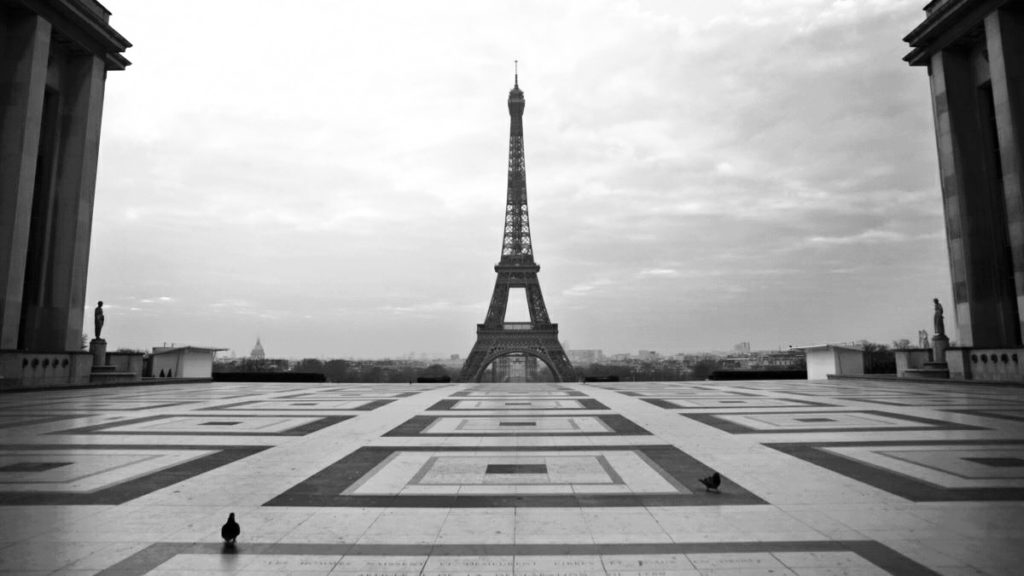BRUSSELS BEHIND THE SCENES
Weekly analysis and untold stories
With SAMUEL STOLTON
Other Brussels behind the scenes stories:
After Council’s ‘nights of the knives,’ Parliament plans to prove its worth
A Merry Band of Brussels bureaucrats in London
A new Europe, made in Germany?
Behind the statues, European colonialism persists in Africa’s diamond mines
Telling the truth in a post-truth world
Europe’s second wave is here
Spanish Prime Minister Pedro Sanchez appeared personally offended earlier this week when responding to Boris Johnson’s decision to impose quarantines on those returning to the UK from Spain.
Sanchez, who is in talks with the UK over their decision, claimed that some of the Spanish islands including Majorca, Ibiza and the Canaries, would be much safer for holidaymakers than the UK itself, which continues to have the highest coronavirus mortality rate in Europe, bar Belgium.
BRUSSELS BEHIND THE SCENES is a weekly newsletter which brings the untold stories about the characters driving the policies affecting our lives. Analysis not found anywhere else, The Brussels Times' Samuel Stolton helps you make sense of what is happening in Brussels. If you want to receive Brussels behind the scenes straight to your inbox every week, subscribe to the newsletter here.
Elsewhere in Europe, the signs have been concerning. The Italian senate this week approved Prime Minister Conte’s plans to extend the country’s state of emergency period until October 15, Greece made masks mandatory in shops and across public services, cases have been steadily rising in Germany despite the initial slow start, and French Health Minister Olivier Véran told citizens in his country not to become complacent.
It’s clear that Europe is now on the cusp of a second wave of the coronavirus outbreak.
And what we’re seeing emerge is a patchwork council across the EU with member states pursuing their own approaches, and not without political undertones: Not long after the Dutch had advised against non-essential travel earlier this week did the Belgians reclassify the Netherlands as an ‘orange’ travel zone, which will result in those returning from such areas being requested to undergo testing and periods of quarantine.
As for the Brussels bubble, there is a sense of hesitancy with regards to the most appropriate advice to tender to member states, following previous moves to offer more guided counsel. It was only a month ago in which the executive’s Home Affairs Chief, Ylva Johansson, called upon EU member states to prepare to lift all internal border restrictions in time for the summer.
Such statements only serve to foster a sense of expectancy in the European public, substantiating the implicit belief that an end to this interval in our lives is nearing. The truth is, dare I say it, much more ominous.
In this vein, it was the words of World Health Organisation (WHO) chief Tedros Adhanom that chimed most with me earlier this week, when he made it clear that the world must “learn to live with the virus.”
I don’t think it’s ill-judged to claim the mode of everyday living that we have built for ourselves over the past seven months will go on for at least another 18 months, or at the earliest when a vaccine becomes widely available.
And yes, that means the current blight of political and social vacillations will continue: Borders opening and closing, masks being adorned and just as quickly stripped from our faces - left to pattern pavements all across Europe, working from home - a hermitic internment made just about bearable by the cold, austere glare of our colleagues through computer screens, burning the backs of our eyeballs.
We must endure. In the long term, these everyday realities will come to be seen as less of an intermission in our lives, and more of a new reality, a new normal.
So, let not Europe’s second wave come as a surprise to any of us. And after the second, come the third, fourth and potentially even fifth waves without any sign or semblance of astonishment. Let us not act as if all this was some sort of a dreadful surprise, out mindsets plagued by a wistful wanderlust.
Perhaps no other European leader is more aware of this than the UK’s Johnson, having had a brush with death himself after catching the virus earlier this year. On Thursday, Johnson told British citizens not to ‘delude’ themselves over the notion that the country is in the all-clear. “It isn’t all over,” he said.
Politically, Johnson is cognizant of the damage that a second wave would do to his leadership, after being perceived to have been too weak the first time around – affected as he is by a steadfast commitment to neoliberalism, any yank on the reigns of the free market by the state should have to be justified only under the most extreme of circumstances. Previously, Johnson allowed his political ideology to cloud his pursuance of reason and pragmatism. He doesn’t want to let that happen again, whether Sanchez likes it or not.
For the rest of Europe, a hodgepodge of policy approaches has emerged, with some countries tormented by an overreliance on the tourism industry facing huge losses. With this in mind and fully expectant that the second wave will not be Europe’s last, I’d hazard a guess that the long-term budget and recovery fund recently and painstakingly agreed by EU member states may have to be remedied substantially in the not-too-distant future, to deal with Europe’s ‘new normal.’
BRUSSELS BEHIND THE SCENES is a weekly newsletter which brings the untold stories about the characters driving the policies affecting our lives. Analysis not found anywhere else, The Brussels Times' Samuel Stolton helps you make sense of what is happening in Brussels. If you want to receive Brussels behind the scenes straight to your inbox every week, subscribe to the newsletter here.

